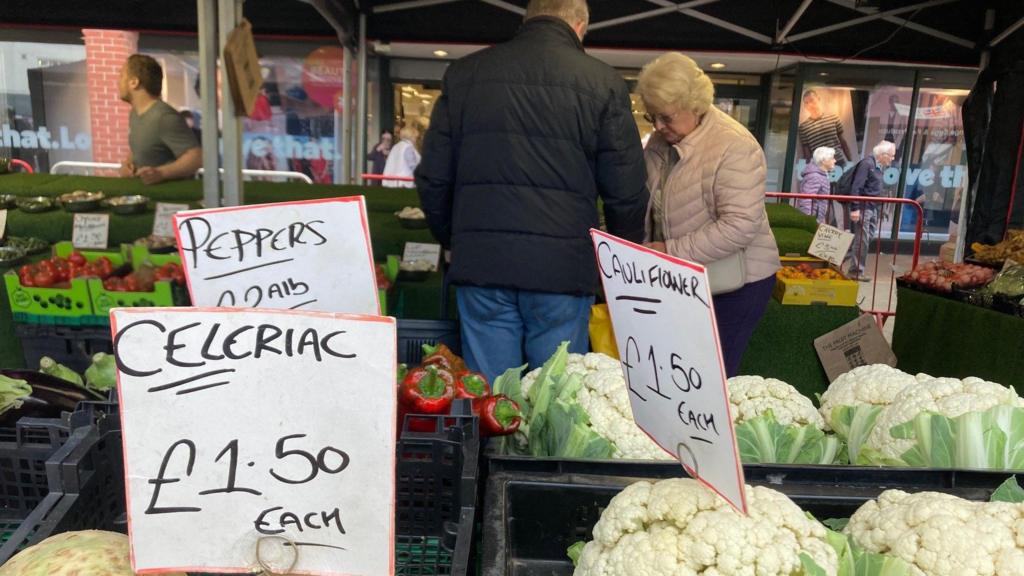Shops and service providers may ultimately need to be required to accept cash payments to safeguard individuals who depend on it, according to a recent statement from Members of Parliament.
A Treasury Committee report addressing the acceptance of cash payments stopped short of advocating for immediate legal changes, though it called on the government to significantly enhance its oversight of this issue.
The committee noted: “A time may come when HM Treasury must mandate cash acceptance if adequate protections for those reliant on physical currency are not established.”
Certain jurisdictions, such as Australia and parts of the European Union, are already considering mandates for accepting cash for essential services under specific conditions.
A government minister, providing evidence to the inquiry, confirmed there are no current plans to make cash acceptance mandatory in the UK.
At present, businesses are free to determine which forms of payment to accept.
With a growing number of outlets moving to card-only transactions, the committee warned that prices could increase for essential goods and services in those few retailers that still accept cash.
This could result in a “poverty premium” for those who rely on cash for budgeting, particularly affecting vulnerable populations such as individuals with learning disabilities or elderly citizens.
“A significant minority remain dependent on access to cash,” remarked Dame Meg Hillier, Chair of the influential Treasury Committee.
Describing the report as a “wake-up call”, Dame Meg underscored the risks of disregarding those impacted by the decline in physical currency use.
The committee has urged the government to substantially bolster its monitoring and reporting on cash acceptance nationwide.
The report cautioned that failure to address this issue could exclude people from using public venues, such as leisure centres, theatres, or public transport, and cited examples of motorists unable to pay with cash in car parks.
“The government currently lacks comprehensive data on cash acceptance, an unsustainable position,” Dame Meg added.
The committee highlighted specific concerns for victims of domestic or financial abuse, for whom cash is critical to maintain privacy and independence from controlling partners.
This latest report is viewed as a major development in the ongoing debate around the future of physical currency, following the Access to Cash Review of 2019, which called for urgent measures to protect cash access.
The committee also noted that for certain businesses, such as market traders, cash remains essential for their ongoing viability.
In Epsom, Surrey, a market with a centuries-long history has only in recent years witnessed most customers transitioning to digital payments.
Chris Ilsley, who has operated CI Plants for 13 years, observed a shift from exclusively cash payments to now predominantly cards, comprising 70% to 80% of transactions.
Standing beside his display of geraniums, Ilsley expressed his willingness to accept any payment method, noting that card payments are slightly more convenient yet slower to process.
“We’re happy to accept any payment,” the 47-year-old said. “I prefer older customers use cards and keep their purses secure.”
At The Fruit Machine greengrocer stall, Tom Cresswell also reported that the majority of shoppers now opt to pay by card.
“Young people rarely use cash, instead paying with phones or watches,” the 52-year-old explained.
“Older customers tend to favour cash. Ultimately, we prioritize whatever is simplest for the customer.”
The committee’s findings coincide with the Post Office’s recent agreement with banks to maintain basic banking services at counters until 2030.
This agreement covers 30 banks and building societies, enabling customers to withdraw and deposit cash, check balances, and pay in cheques at their local branch.
Some advocacy groups have argued that legislation mandating cash acceptance should be introduced immediately.
Ron Delnevo from the Payments Choice Alliance criticised the committee for what he described as a “delay-oriented approach.”
The Treasury stated that the government remains committed to establishing 350 banking hubs around the country.
A spokesperson said, “We support businesses that wish to continue accepting cash, and recent Financial Conduct Authority rules are designed to facilitate easier deposits for them.”
The BBC understands that food supplies should be normalized before the week’s end.
Adidas has stated that tariffs introduced by President Donald Trump are set to increase costs for US consumers.
A local community shop reports that roughly 20 families make use of its free school uniform service every day.
A support centre noted that recipients are arriving “extremely concerned” about planned changes to benefits.
An economic forecaster predicts that ongoing trade disruptions will adversely affect both business and consumer confidence.

